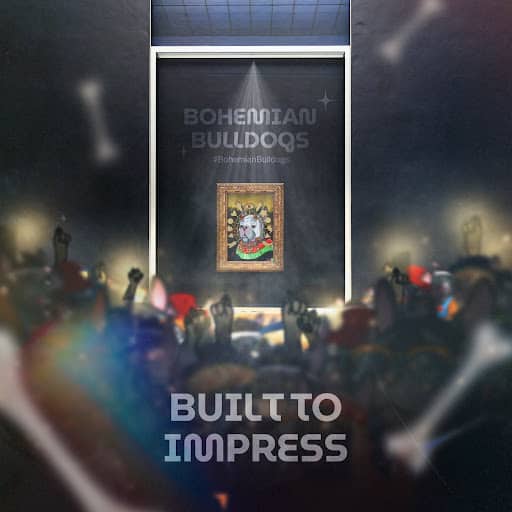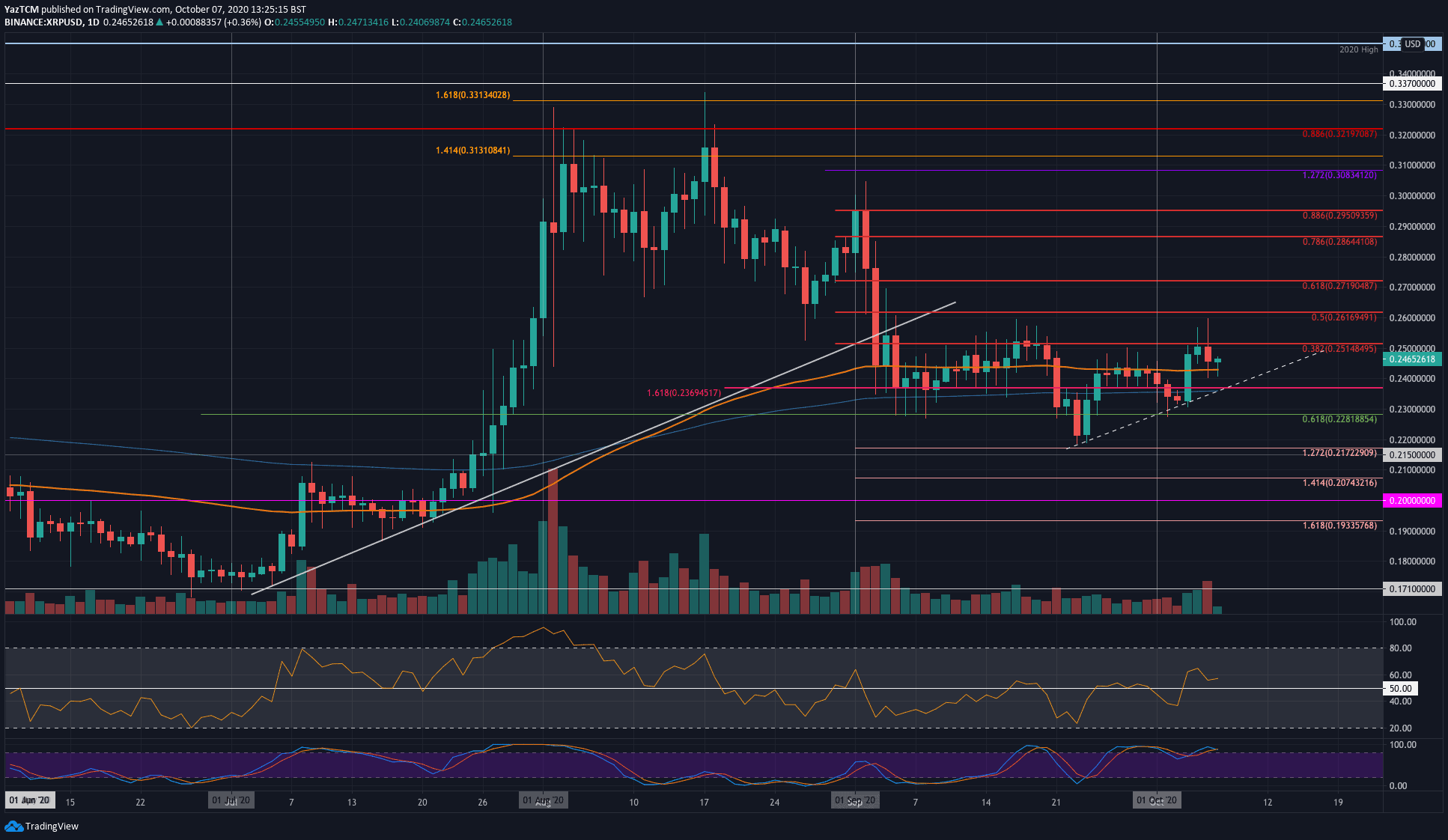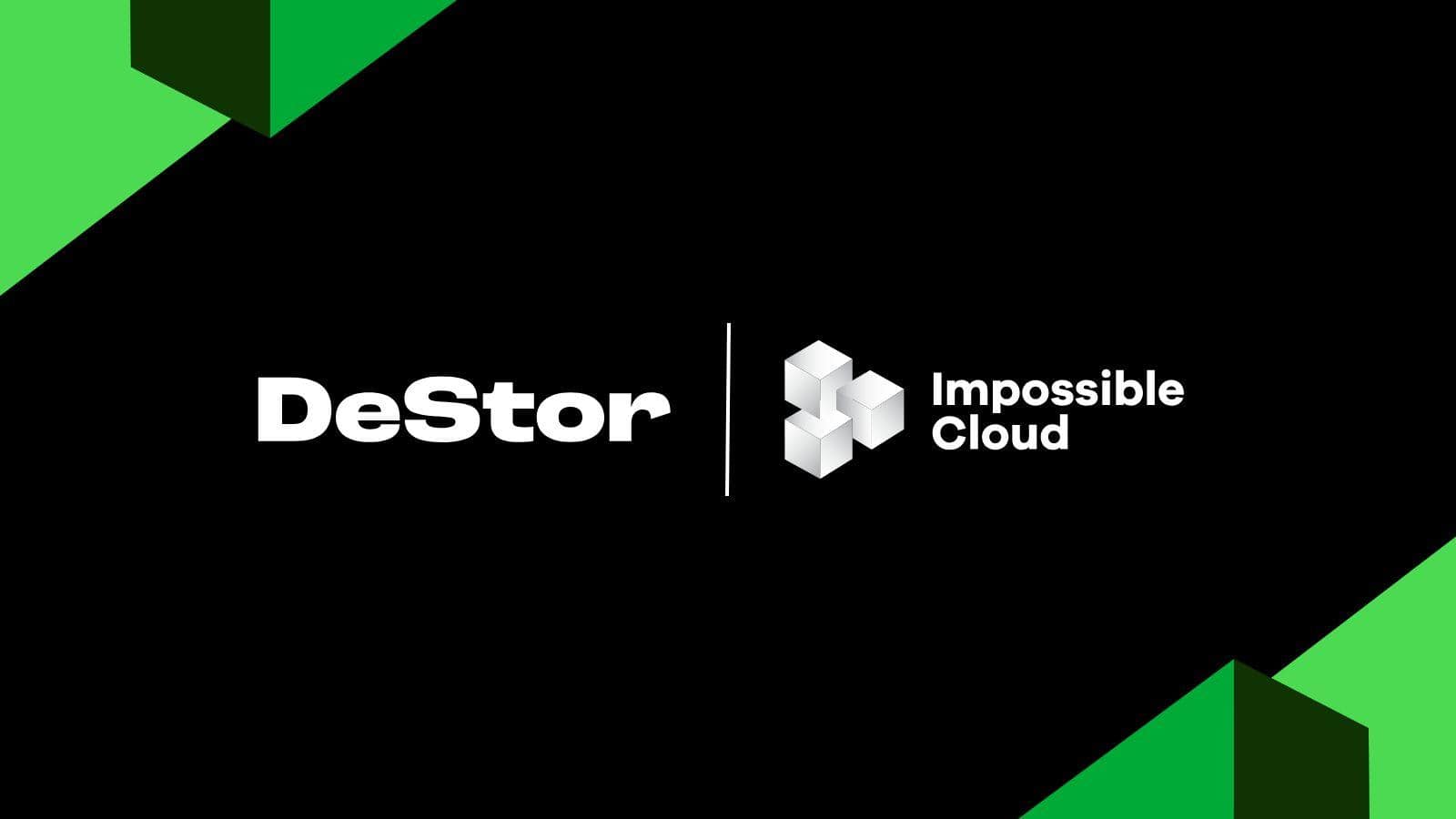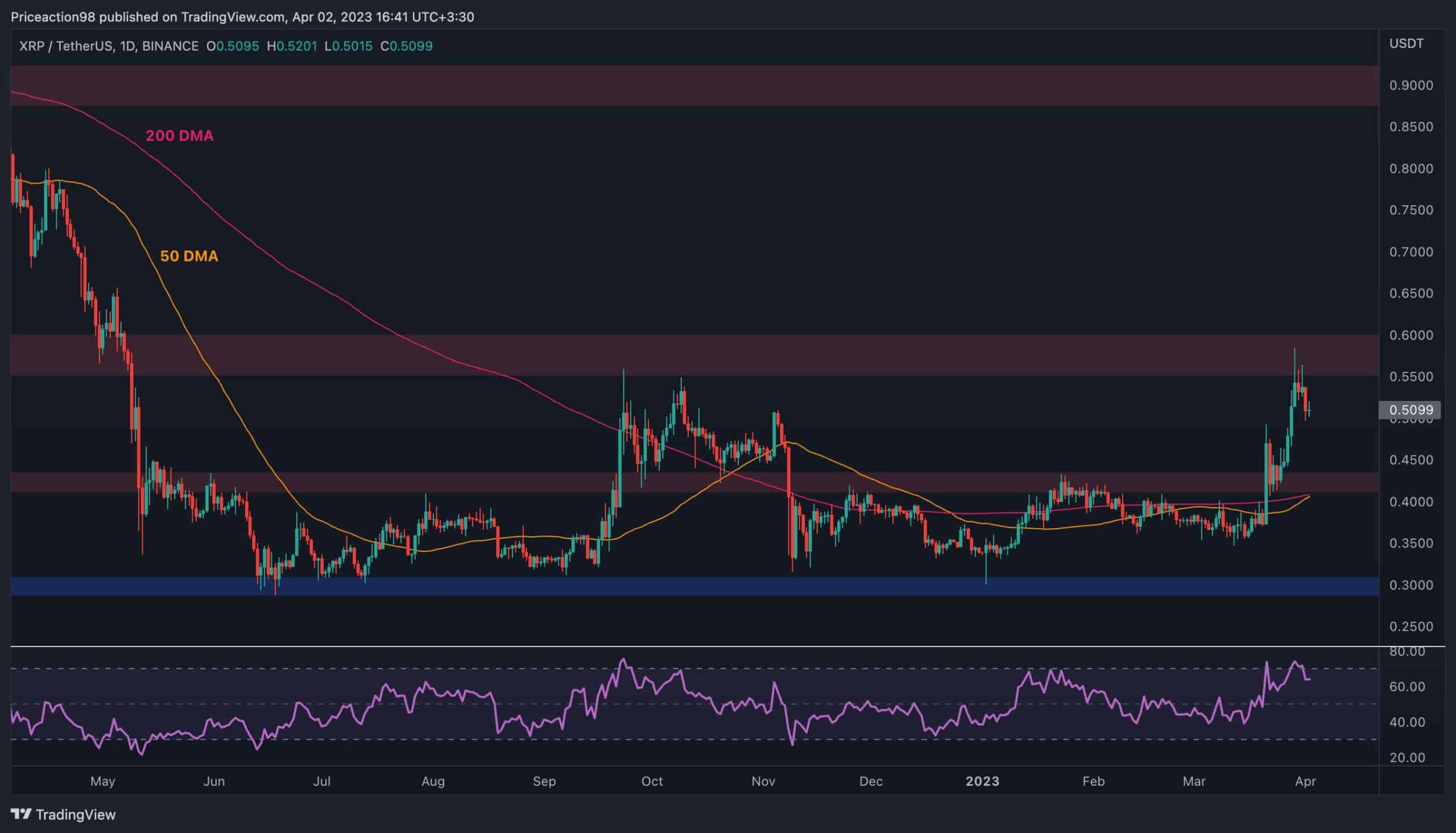Tezos Delphi Update Goes Live To Reduce Gas Consumption
A few months after compiling the latest protocol proposal, Tezos has officially implemented its 4th network upgrade in the past two years. Dubbed Delphi, it went live earlier today and aims to dramatically reduce the gas consumption along with other “small bug fixes.”
The Delphi Upgrade Live On The Tezos Blockchain
The Delphi proposal was initially submitted in early September. It brought numerous bug fixes, but perhaps more importantly, the upgrade provided substantial improvements to the performance of the Michelson interpreter and the gas model. It also reduced storage costs by a factor of four to “reflect improvements in the underlying storage layer.”
Tezos announced the successful upgrade of its network by adopting Delphi in a press release shared with CryptoPotato. It already went live earlier today, and the statement highlighted once more the positive impact on the gas fees:
“Delphi typically decreases gas consumption by about 75%, enabling more complex smart contracts to be used in advanced on-chain applications. This demonstrates the value of Tezos’ adaptability, as other public blockchains lack formal mechanisms to routinely coordinate protocol upgrades and implement functionality improvements at scale.”
Although the Tezos team indicated that this is the 4th upgrade in the past two years, it’s also “far from being the last.”
Scheduled Updates Are Key
Some of the Tezos developers, including ones that have been active since the initial Athens update, recently listed their reasons why the network should undergo specifically-scheduled upgrades.
They believe that many projects are implementing too frequent updates or their intervals are too long. Instead of releasing the code when particular features are completed, Tezos asserted that scheduling them on a regular basis works much more conveniently for all parties.
The blog post also outlined that while Tezos is an open-source project with contributors from all over the world, it also “provides a mechanism through which anyone can credibly advance proposals without facing the typically insurmountable hurdle of coordinating a hard-fork.”
“This is what Tezos was built to do: amend, evolve, and grow. It’s encouraging to see teams from around the world coming together to make this vision a reality.” – commented one of the original architects of Tezos – Arthur Breitman.









